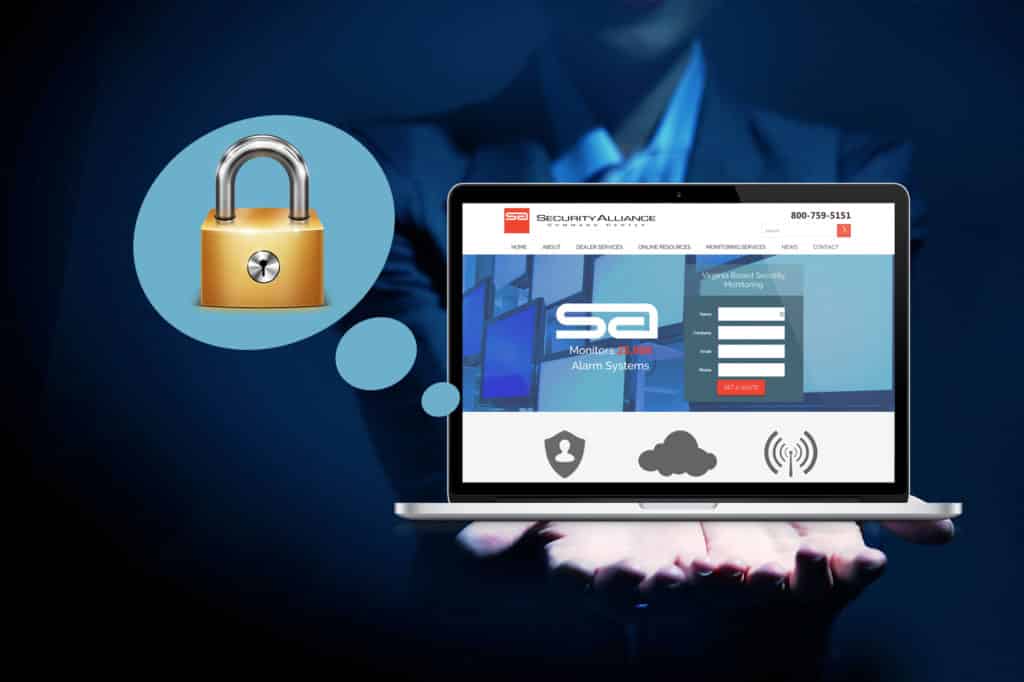
Did you know that 43% of cyber attacks focus on small business? The GreenGeeks team thought this might be a perfect time to touch upon some of the things you can do to make your own website a bit more protected with essential security features.
GreenGeeks offers several services to help with website security. There are also other things you can do to make sure you don’t fall victim to hackers, malware or other nasty things that can happen to blogs, eCommerce websites or anything else you host with us.
Have you ever taken the time to explore backing up the website? What about the use of SSL certificates for your website? We hope to shed some light on these awesome security features GreenGeeks provides and a handful of others that you might not know about.
It is never too late to think about website security.
1. Create Regular Backups
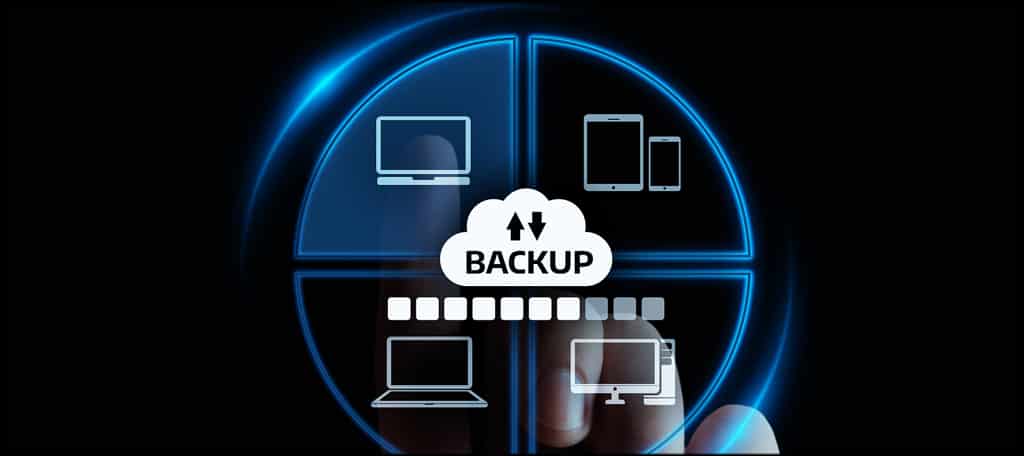
Never underestimate the value of a good backup. In today’s world, anything can happen to any website. And a solid method to keep your site files safe is ideal.
Whether you are building the site up from scratch or using content management systems like WordPress, there are multitudes of ways to safeguard these files. And the best part is that many methods are absolutely free.
For instance, a site running on WordPress could use something like UpdraftPlus to store site files to the Cloud. In a matter of a couple of clicks, you could send a backup to systems like Dropbox and Google Drive.
You can also use FTP programs like FileZilla to download the entire site directly to your computer. That’s not to mention being able to create a backup using cPanel.
The point is that with a proper backup, you can restore your site in mere moments should something drastic happen. Hacks, malware and even accidental coding from yourself can be reversed with a few clicks from the mouse.
2. The Use of SSL Certificates

What is SSL? It stands for “Secure Sockets Layer” and is used to provide security over the Web.
For those out there confused already, most browsers display a green lock when you are viewing a website from a SSL protected link. Anytime you are passing sensitive or personal information, it is good to make sure you are using SSL.
If you’re not, it’s possible that nefarious people could steal the information you are passing along. To get started, you will need a dedicated IP and the dedicated SSL certificate.
Once installed, any information passed over a HTTPS connection will be protected. This is incredibly important especially since Google and Chrome put emphasis on secured websites.
As a side note, it is also worth mentioning that Google prefers websites with HTTPS over HTTP, too. Never a bad thing to make Google happy, especially when it could bump up your website’s standings in the search engine itself.
And as an added bonus, you can obtain an SSL certificate for free using Let’s Encrypt. This is perhaps one of the most vital essential security features you can have.
3. Protect Your Domain Registration Information
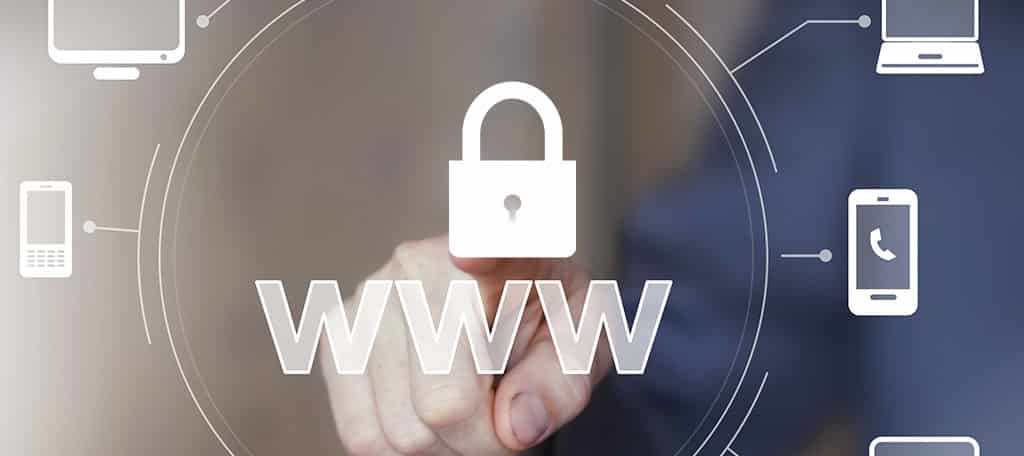
When anybody registers a domain name, their personal information is available for the public to view. To view somebody’s domain registration information all you need to do is run a quick WHOIS search on the domain in question.
Scary right?
Thankfully, for GreenGeeks clients, we offer ID Protect. To use it you must have your domain name registered with GreenGeeks. It serves as WHOIS domain privacy protection.
Rather than having your first name, last name, postal address and phone number listed for the public to see, you will instead be listed privately. The name, address and more will be shielded from the public.
Without this service protecting your domain name, any data miners could grab your personal information and add you to calling lists, unsolicited junk mail lists and more.
GreenGeeks’ ID Protect service can be added to .com, .net, .org, .info, .biz, .pro, .tv, .cc, .me, .asia and .cm domain names. If you do not want to be bombarded by telemarketers and junk mail, you need this service.
It is just one more way to add an extra level of website security.
4. Keep Software Up to Date
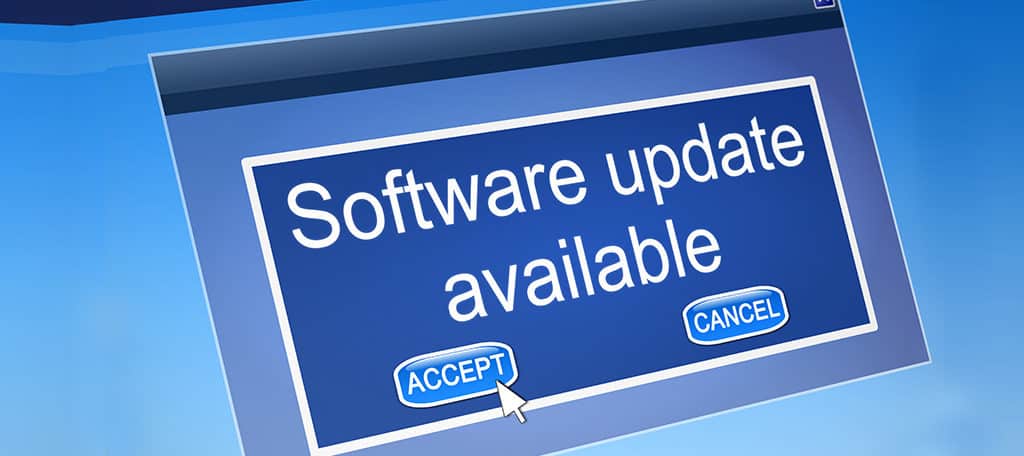
This advice might seem obvious to some but it should not be overlooked. Not all scripts are kept up to date like they should be. Even popular blogging scripts like WordPress need to be updated from time to time.
And keeping the most current apps up-to-date is part of essential security features you cannot skimp on. In fact, you can set a lot of these to automatically update when new versions are available.
Make sure you have automatic updates installed and you are also updating additional script features like themes and plugins. These add-ons can also create security holes that could spell trouble for your website security.
Thankfully, many third-party scripts have websites where you can learn more about how to keep them secure. WordPress has even started updating its core files for a few versions now.
It is still best to be diligent and do your homework when your website is depending on technology or scripts from other outside companies or organizations.
5. Create Complicated Passwords
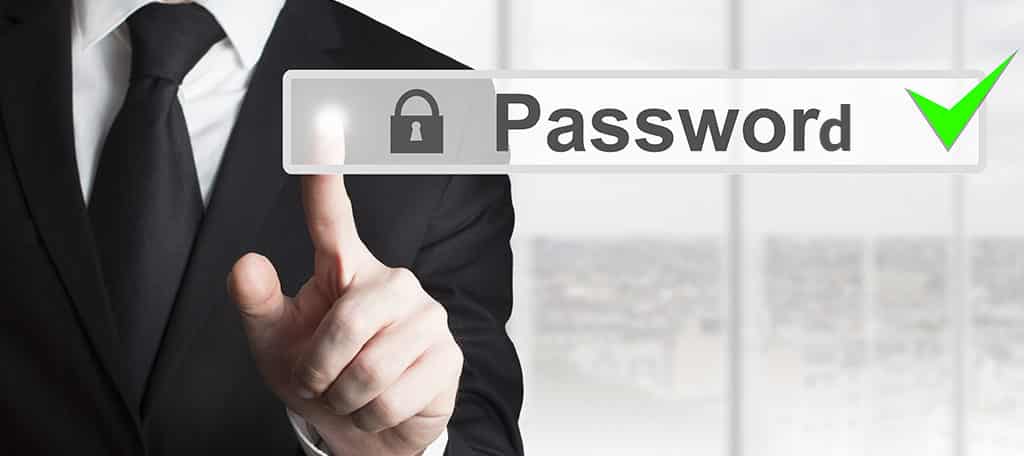
It might sound a little obvious, but you need to have good password. Everybody has password issues from time to time.
Which is better though? Forgetting your complicated password or being the victim of identity theft?
Any seasoned website developer will tell you that strong passwords are a high priority in terms of essential security features.
Use secure passwords! That might be the biggest cornerstone of website security. You need to do your best to use passwords that are complicated enough not to be guessed but easy enough for you to remember.
The days of using your mother’s middle name as a password are long gone. Everybody should be using passwords that contain: capital and lower-case letters, numbers, and special symbols (such as: $,&,#, etc.).
The more complex your password system is, the less of chance you have of somebody breaking into your website.
On the website management side of things (for scripts like blogs or forums) make sure that passwords are stored as encrypted values. A lot of scripts come with this functionality built in, but this is a good time to double-check for certain.
Do your homework and make sure.
You need to get in the habit of changing your password often as well.
Keep Ahead of the Game
The issue of fraud comes in many different shapes and sizes, especially if you don’t have essential security features in place. Here are five major security-related topics you should look a little deeper at this month.
There is no doubt that you should check into backups, use SSL certificates anytime you can, protect your domain name registration information, keep all installed software up to date and use complicated passwords.
Do you have any other website security questions or suggestions? Let us know in the comments!

My sites are protected. I’m going to check your other advices. Thanks.